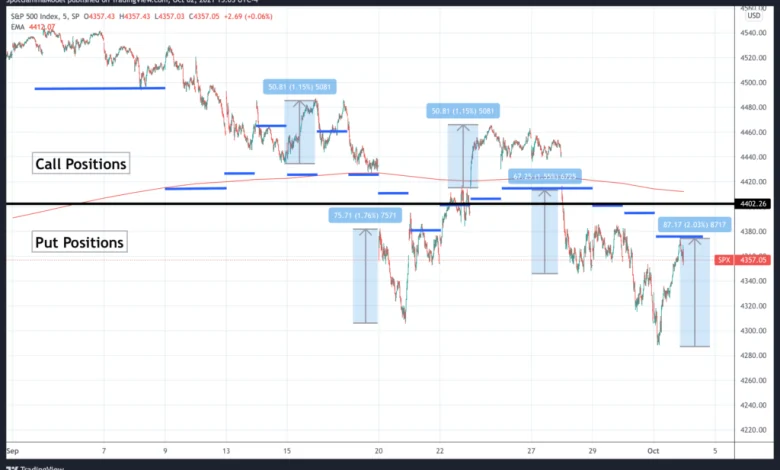How Rezoning Requests Trigger Market Volatility

Rezoning is one of the most influential yet unpredictable forces shaping real estate markets. When a property owner or developer requests a change in land use designation, it sets off a chain reaction across the market, affecting valuations, investor sentiment, and neighborhood expectations. These shifts often occur well before construction begins, as speculation builds around potential outcomes. For buyers and investors exploring growth areas or evaluating houses for rent in Vaughan, understanding how rezoning influences pricing dynamics and investment risks is essential.
The Legal Process Behind Rezoning Requests
Rezoning applications typically involve multiple stages of municipal review, including staff reports, public consultations, and council approvals. Each stage can impact how the market reacts. Early filings often attract speculative interest, while public hearings may either reinforce optimism or introduce uncertainty depending on community feedback.
Municipalities assess rezoning requests based on land use compatibility, infrastructure capacity, and policy objectives. Developers may be asked to provide impact studies, traffic assessments, and environmental reports. These procedural requirements can delay approvals and influence investor confidence. A single deferral or rejection can trigger rapid devaluation of nearby speculative assets.
Market Reactions and Investor Behavior
When a rezoning proposal gains traction, market participants often adjust their expectations for the affected area. Investors may bid up surrounding parcels in anticipation of spillover development potential. Conversely, if the rezoning is denied or significantly modified, those inflated values can correct quickly, leading to localized market volatility.
Lenders and institutional investors closely monitor rezoning trends to adjust loan-to-value ratios and risk models. Projects with pending applications may face tighter lending conditions until approvals are secured. The uncertainty surrounding political decisions, public opposition, and infrastructure feasibility all contribute to market swings.
Impact on Housing Supply and Pricing
Rezoning has a direct impact on housing supply. Upzoning—allowing higher density or mixed-use development—can increase available units and moderate price pressures over time. However, in the short term, speculation can inflate land costs and make eventual units more expensive. This paradox underscores why policymakers must balance growth incentives with affordability goals.
In markets like Vaughan, where demand for both ownership and rental housing remains high, rezoning outcomes can dictate where and how developers allocate resources. A successful rezoning can accelerate neighborhood revitalization, attract infrastructure investment, and stimulate construction activity. But prolonged uncertainty can discourage smaller builders from entering the market, consolidating opportunities among larger players.
Policy Considerations and Public Interest
From a policy standpoint, rezoning represents a negotiation between private interest and public benefit. Municipalities often impose conditions such as community benefits charges, affordable housing requirements, or infrastructure contributions. These obligations aim to offset the impacts of intensified land use but can also increase project costs and delay delivery.
Transparency in the rezoning process is crucial to maintaining public trust. When stakeholders perceive that approvals favor developers at the expense of residents, opposition movements can arise, leading to appeals and litigation. Clear communication and equitable planning processes help stabilize expectations and reduce market shocks.
Legal Risks and Developer Responsibilities
Developers pursuing rezoning carry legal obligations that extend beyond the approval itself. Site plan agreements, environmental remediation commitments, and compliance with updated zoning bylaws all require strict adherence. Failure to meet these obligations can result in revoked approvals, fines, or legal action from municipalities or affected residents.
Additionally, rezoning approvals can be subject to appeal before regional tribunals or planning boards. These appeals prolong uncertainty and delay financing. For investors, understanding the potential for appeals is key to assessing both timing and exposure.
Final Thoughts
Rezoning requests play a vital role in shaping urban growth but also contribute to market instability when not managed transparently or predictably. They create opportunities for development, increase land value, and redefine city landscapes, yet they also invite speculation and risk. For investors, homeowners, and developers alike, mastering the legal, financial, and policy dimensions of rezoning is essential to navigating a market where one municipal decision can shift valuations overnight.



